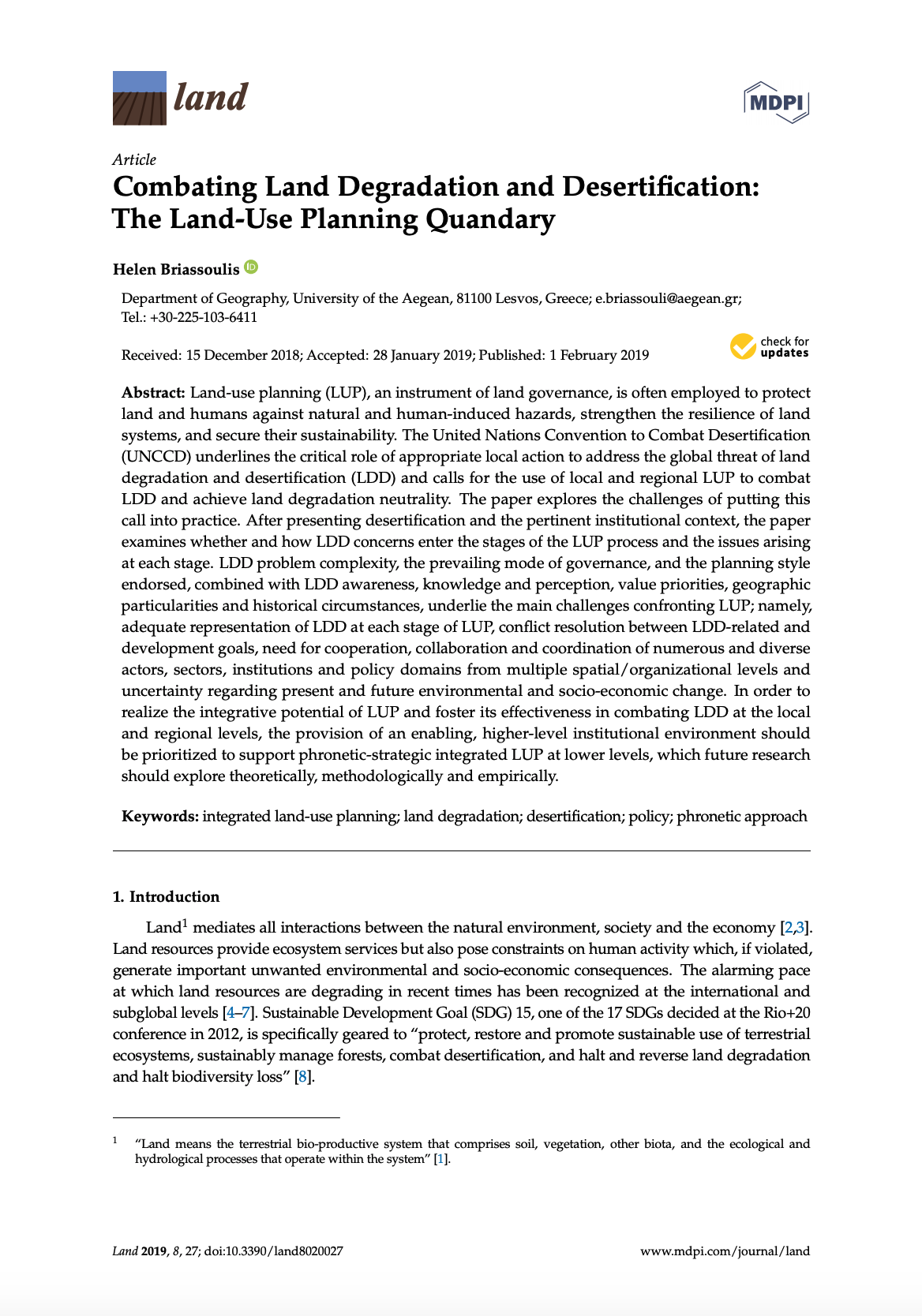Chinese Agricultural and Land Investments in Southeast Asia: A Preliminary Overview of Trends
As BRICS-led foreign investment in agriculture has increased dramatically worldwide in recent years, China in particular, has begun to secure huge quantities of foreign land as an additional measure for securing future food and energy supplies. While an increasing amount of academic research has been conducted on the expansion of land deals in Latin America and Africa in recent years, Southeast Asian cases are just beginning to receive significant attention and have become the focus of some emerging academic and non-academic research.




